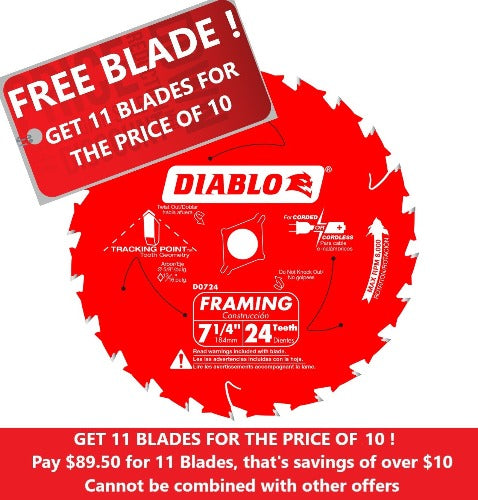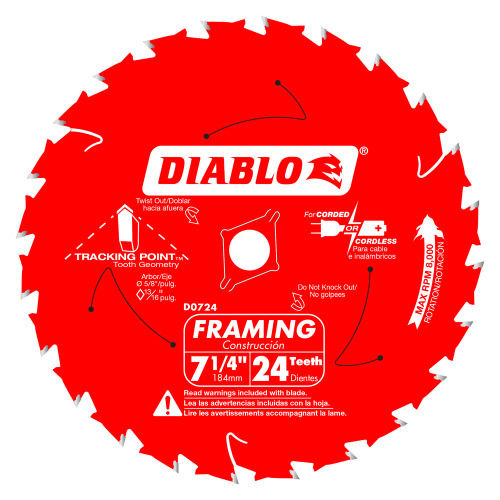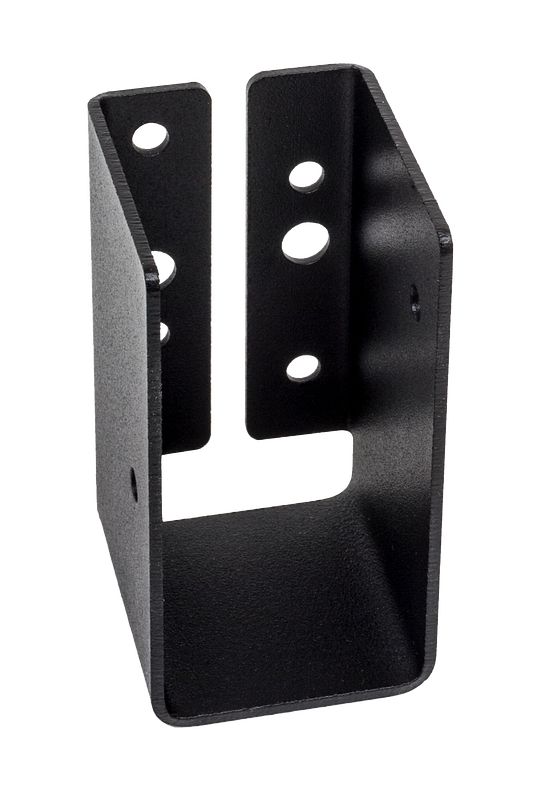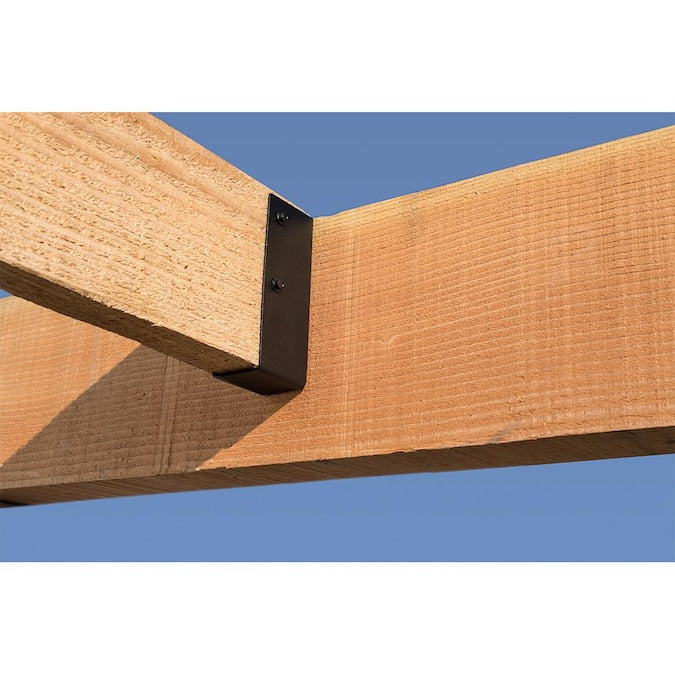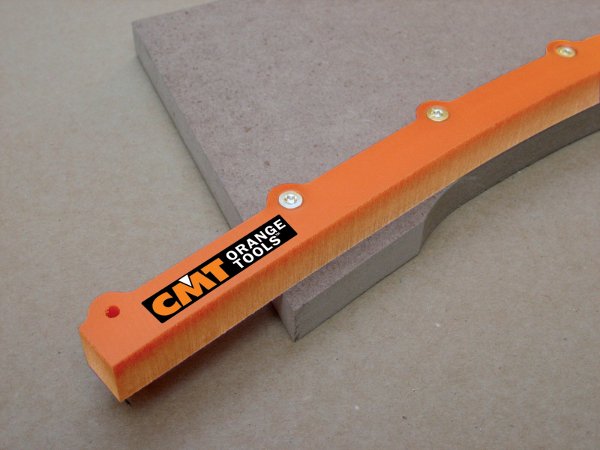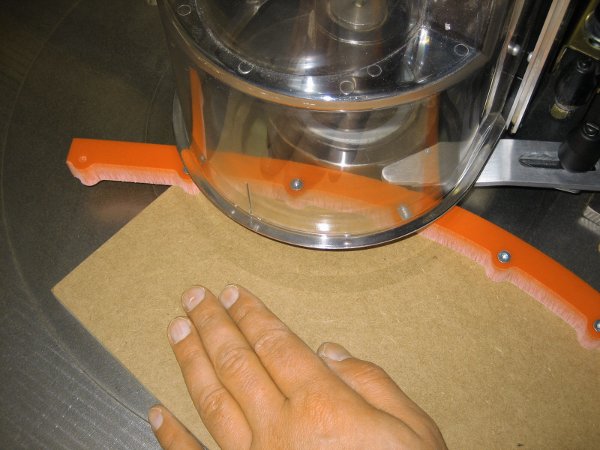Fasteners are fundamental components in construction, manufacturing, and everyday DIY projects. Among the various types, nuts vs. bolts are two of the most commonly used fasteners. Understanding their differences and specific uses can significantly improve the durability and effectiveness of your assemblies.
What are Nuts?
Nuts are a type of fastener with a threaded hole. They are always used in conjunction with a mating bolt to fasten multiple parts together. The threads inside the nut engage with the threads on the bolt to create a strong and secure hold. Nuts come in various shapes and sizes, including hex nuts, lock nuts, wing nuts, and cap nuts.
- Hex Nuts: The most common type, hex nuts, are six-sided and widely used for general-purpose fastening.
- Lock Nuts: These are designed to resist loosening under vibration and torque, often used in applications where the assembly is subject to movement.
- Wing Nuts: With their wing-like projections, these nuts can be tightened and loosened by hand, making them ideal for temporary assemblies.
What are Bolts?
Bolts are externally threaded fasteners designed for insertion through holes in assembled parts. They are usually intended to be tightened or released by applying torque to the head, typically with a wrench. Bolts are often used with nuts but can also be used with tapped holes.
- Hex Bolts: These are the most common, featuring a hexagonal head and are used for fastening wood, steel, and other materials.
- Carriage Bolts: Recognizable by their smooth, rounded heads and a square section under the head, which prevents the bolt from turning when the nut is tightened.
- Lag Bolts: Also known as lag screws, these are large wood screws with hex heads, used for securing heavy lumber and other heavy materials.
Nuts vs. Bolts: Key Differences
While both are fasteners, nuts and bolts serve distinct purposes in an assembly. Here are the primary differences:
- Function: Bolts are used to hold materials together by passing through pre-drilled holes and being fastened with a nut on the other side. Nuts, on the other hand, complement bolts by providing the necessary tension.
- Structure: Bolts have external threads and a head for applying torque, whereas nuts have internal threads and are typically hexagonal to fit a wrench.
- Application: Bolts are used where parts need to be held together strongly and can be tightened with tools. Nuts are paired with bolts to achieve this secure fastening.
Choosing the Right Nut and Bolt Combination
When selecting nuts and bolts, it is crucial to consider the application, material compatibility, and the environment where they will be used. For example, the Simpson Strong Tie coupler nuts - zinc plated 3/4" CNW are ideal for connecting threaded rods and bolts in heavy-duty applications due to their robust construction and corrosion resistance.
Meanwhile, screw anchors & bolts are essential for fastening in concrete, masonry, and other hard materials, providing secure anchorage in environments where traditional bolts might fail.
Materials and Coatings
Nuts and bolts come in various materials, including steel, stainless steel, brass, and aluminum. The choice of material depends on the environmental conditions and the required strength. Coatings, such as zinc plating, enhance corrosion resistance, extending the life of the fasteners.
For example, zinc-plated bolts and nuts are suitable for outdoor applications where exposure to moisture can cause rust and degradation. Stainless steel is another excellent option for corrosion resistance, particularly in marine environments.
Installation Tips
- Matching Threads: Ensure that the nut and bolt threads match perfectly. A mismatch can lead to stripping and weakening of the fastener.
- Proper Tools: Use the appropriate tools to tighten bolts and nuts to avoid damaging the fastener or the material being fastened.
- Torque Specifications: Follow the recommended torque specifications for your fasteners to ensure they are neither too tight nor too loose, which can compromise the assembly’s integrity.
Factory Direct Supply provides a comprehensive range of fasteners, including high-quality nuts and bolts for all your construction and DIY needs. Our expert team is always ready to help you select the best products for your projects. Explore our catalog and find the perfect fasteners to ensure your assemblies are secure and durable.

